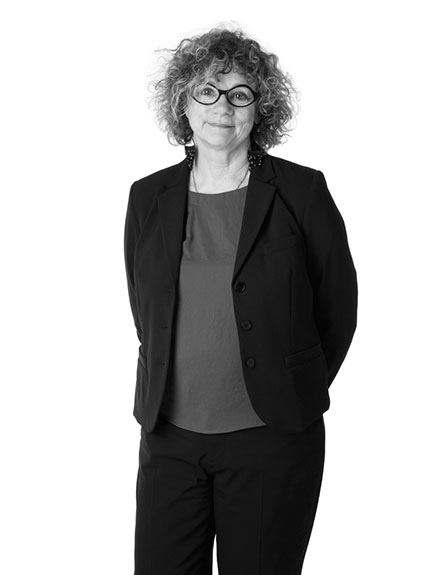| marie-hélène le ny |
|
photographist |
|
Epidemiology can and should support policy making for the prevention and organisation of health care systems. I have studied how many people suffer from anxiety and depressive disorders do not need to be hospitalised are treated. Most of the time they turn to general practitioners who may prescribe psychotropic drugs that may not be necessary. How can we improve the care of these patients? One solution could be better training for general practitioner in psychiatry. Another solution could be to reimburse psychotherapy sessions provided by psychologists that are currently entirely paid out-of-pocket. These psychologists should be trained to focus on brief therapies and problem-solving approaches for patients who require this type of care. Indeed, talking to someone for a limited number of ten sessions or less can be life-changing. It is also important to improve cooperation between general practitioners and psychiatrists by having them consult on cases. This would be a great help for practitioners who are isolated and have to deal with severe cases. Last but not least, we must find ways to avoid or shorten hospitalisation for the most severe patients.” |
|
||
|
Viviane
Kovess |
|||
|
|
|
|
